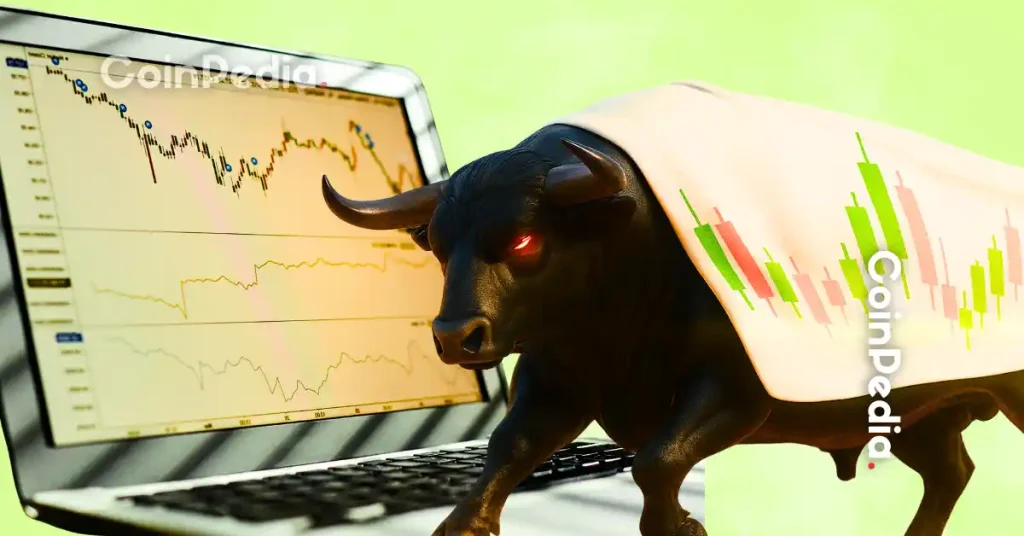October reports revealed South Korea’s consumer inflation has increased as a weaker won made food and energy costs higher. This situation has supported the argument for the central bank to maintain its interest rate steady while it attempts to slow the rapidly emerging housing market.
The announcement followed reports from the Ministry of Data and Statistics, which highlighted that consumer prices had soared by 2.4% compared to the same period last year. This percentage is up from a 2.1% increase in September.
Additionally, this rate surpassed the average forecast of 2.2% from economists surveyed by a reliable source, marking the highest record since July 2024, when prices surged by 2.6%.
Economist Bumki Son believes the BOK will focus on long-term inflation predictions
Core inflation, which excludes volatile energy and food prices, rose to 2.2%, up from 2% in September of this year. Following this progress, sources reported that overall and core inflation are currently above the Bank of Korea’s 2% target.
This newly released inflation data comes at a pivotal moment when the Bank of Korea (BOK) has decided to maintain its crucial interest rate unchanged for the last three meetings.
Despite the economy encountering challenges from Trump’s tariffs, concerns regarding asset bubbles and risks associated with household debt have prompted officials to make this rate decision. In his case, the relevant officials affirm that they will not start lowering rates again after they began last October.
Meanwhile, reports from sources have acknowledged that whether policymakers view this recent report as another reason to maintain their pause likely depends on how they interpret the cause of the recent price increase.
“Inflation surprised many by rising due to stronger price pressures from goods and services related to Chuseok, along with adjustments in imported car prices,” stated Bumki Son, an economist at Barclays Bank PLC.
Son added that since part of this rise is related to seasonal spending, they believe that the BOK will focus on long-term inflation predictions and not worry too much about temporary changes.
The economist also outlined Barclays’ intention to maintain its forecast for the central bank to reduce rates this month, due to concerns regarding Korea’s weak growth prediction. “Our main expectation still assumes that worries about financial stability will lessen as we approach the November Monetary Policy Committee meeting,” he added.
The central bank expresses limitations in decision-making due to the latest pricing trends
Currently, the latest pricing trends are limiting the central bank’s decisions as it considers the impact of 15% US tariffs on South Korean goods on the country’s economic status. According to the BOK’s expectation, these tariffs will weaken growth by 0.45 percentage points this year and by 0.6 points in 2026.
In the meantime, after thorough research, the surge in inflation during October was primarily caused by a decline of almost 1.9% in the won against the dollar last month, according to sources. This scenario increased import charges for energy and food.
Consequently, the currency hit its lowest point since March and has been ranked as one of the weakest Asian currencies compared to the dollar since October 1st.
On the other hand, fuel prices escalated after the government lowered fuel tax subsidies in October, exerting more pressure on gasoline prices. At the same time, reports from the Korea Real Estate Board highlighted that apartment costs in Seoul continued to skyrocket for the 39th consecutive week as of October 27.
In the same month, food and non-alcoholic beverage prices soared by 5% compared to last year, while costs for housing and utilities increased by 1.2%. Moreover, food and lodging prices escalated by 3.2%, and transportation expenses increased by 3.4%.
Join a premium crypto trading community free for 30 days - normally $100/mo.
















 English (US)
English (US)